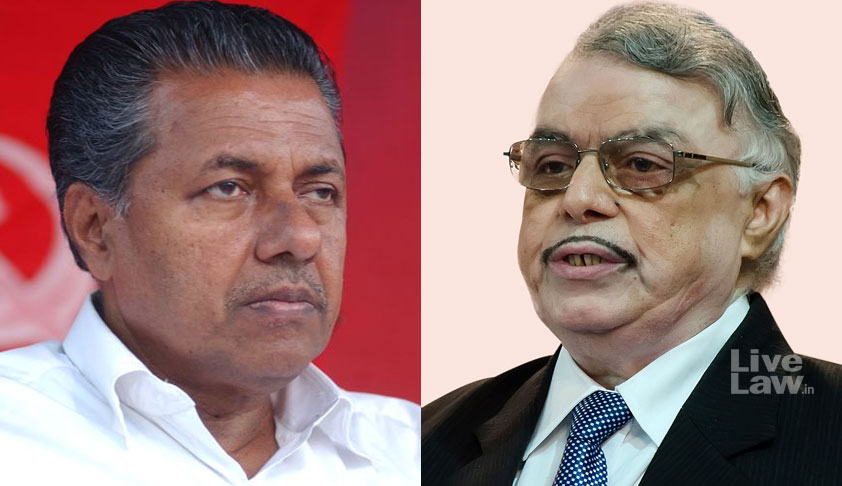- Home
- /
- Editors Pick
- /
- Can A Governor ‘Summon’ A Chief...
Can A Governor ‘Summon’ A Chief Minister?
LiveLaw Research Team
2 Aug 2017 12:04 PM IST
The Kerala Governor, P.Sathasivam tweeted on July 30 that he summoned the Chief Minister of Kerala, and the State Police Chief to know about action taken by State government on law and order issues in Thiruvananthapuram. Another tweet from the Governor said that the Chief Minister, who met him at the Raj Bhavan, assured him that law breakers would be sternly dealt with, irrespective of status...
Next Story



